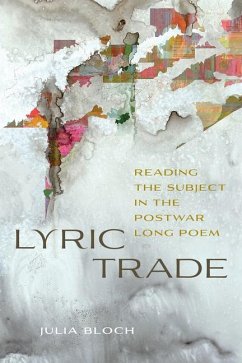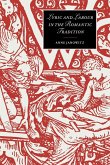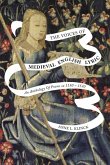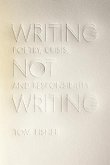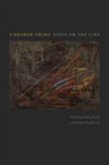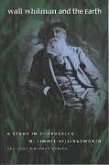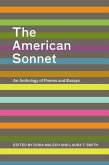"Sometimes the word "lyric" seems to appear everywhere: either it's used interchangeably with the word "poetry," or it attaches to descriptions of literature, art, film, and even ordinary objects in order to capture some quality of aesthetic appeal or value or meaning. This book is not yet another attempt to define the lyric, but instead to dig into what the word might be standing in for. This book shows how lyric's taxonomical slipperiness, its ideological baggage, its historical misconstruals and debates whether it ought to be considered a genre, a mode, a style, a structure of address, a remnant of classicism or romanticism or modernism or something else-mobilize its specialness, its exemplarity, its distinct power, and its frequent circulation especially in poetry and poetics. This book argues that long poems in particular that take up lyric-the genre that they have supposedly rejected-do so in order to reimagine the shape of the speaking subject. This book asks: What does lyric mean-and why should it matter to poets and readers? Is it a meaningful term, a useful term? Is it somehow more meaningful or useful than the other kinds of words that animate and describe poetry? Is it maybe more important to consider the way the term is used, the work it does? This book reads lyric as the site at which poets reimagine identity, or exchange innovation for limiting tropes of the subject, or to do both of these things within a single work-or to do something else entirely with the putative links between expression, presence, and subjectivity. This book does not offer a single, fixed definition of lyric, because it is interested more in the ways lyric is imagined within the texts themselves. This book is also interested in undoing some of the habits of thought that recur throughout the discourse of genre by reimagining formalism"--
Hinweis: Dieser Artikel kann nur an eine deutsche Lieferadresse ausgeliefert werden.
Hinweis: Dieser Artikel kann nur an eine deutsche Lieferadresse ausgeliefert werden.

